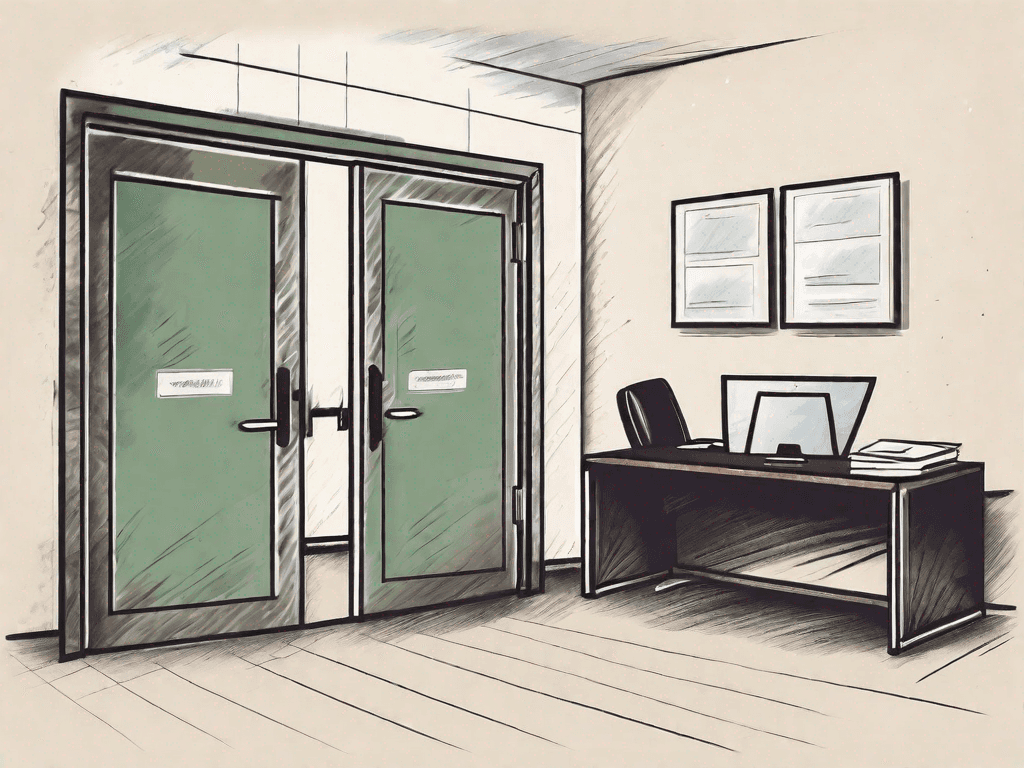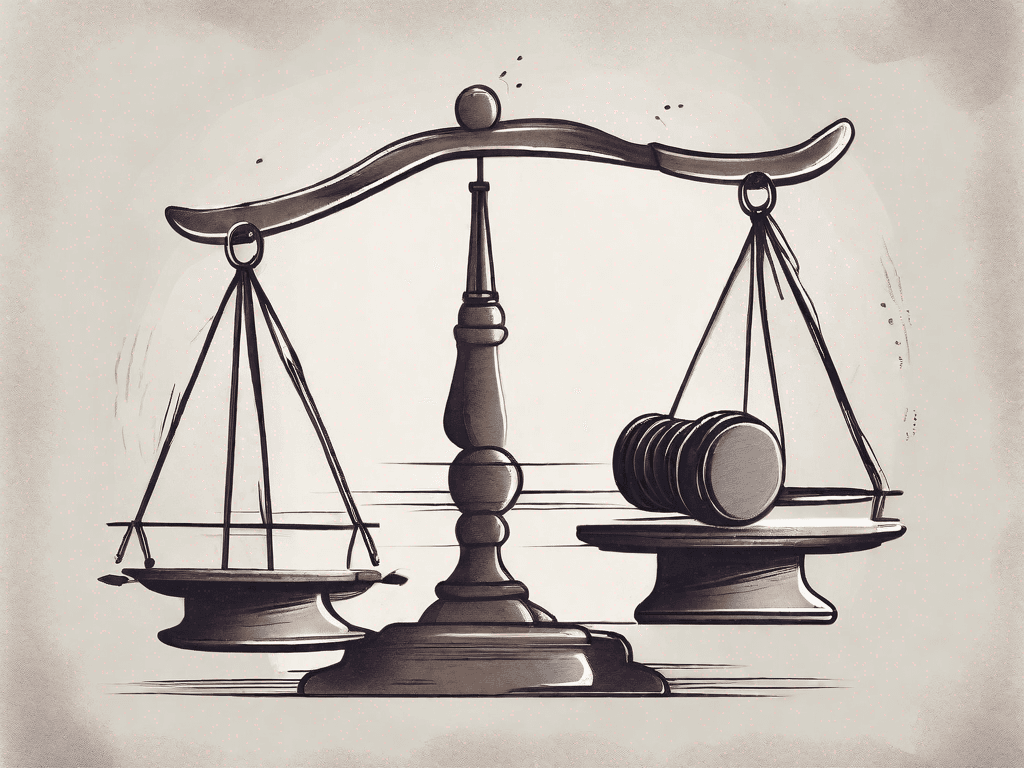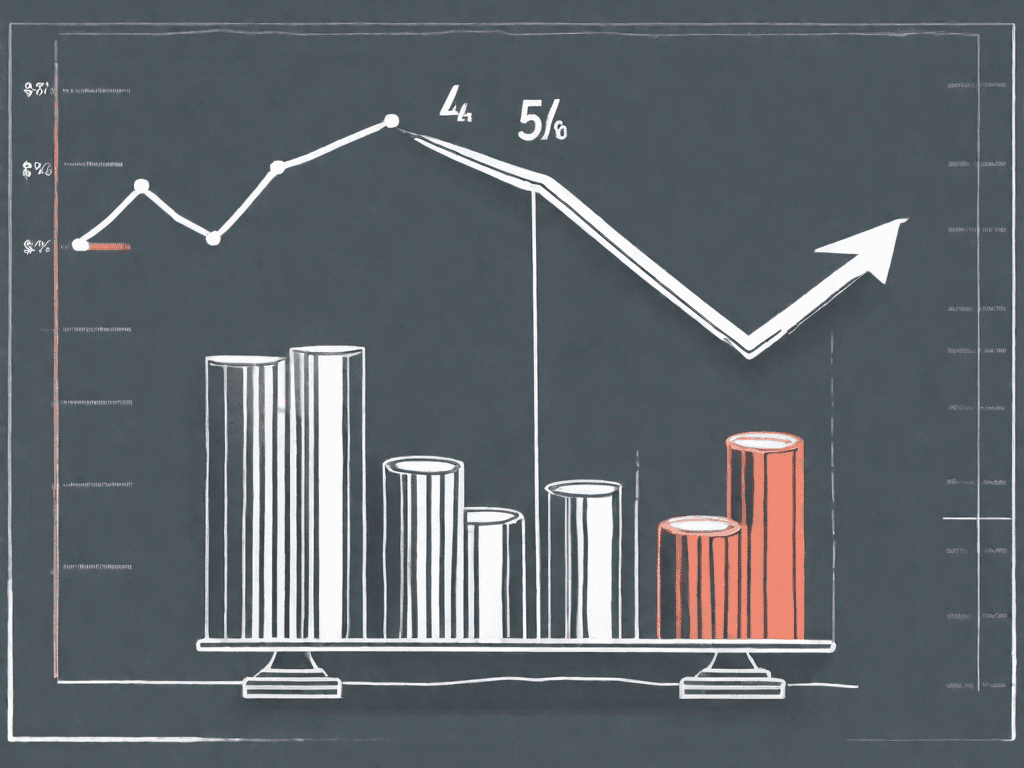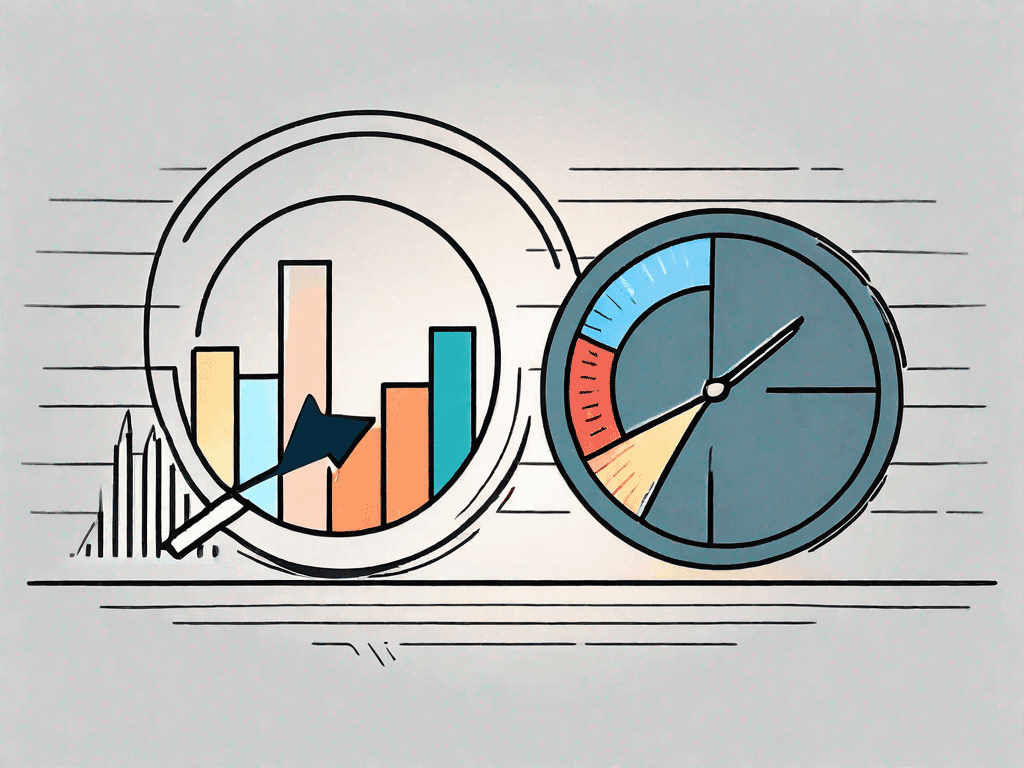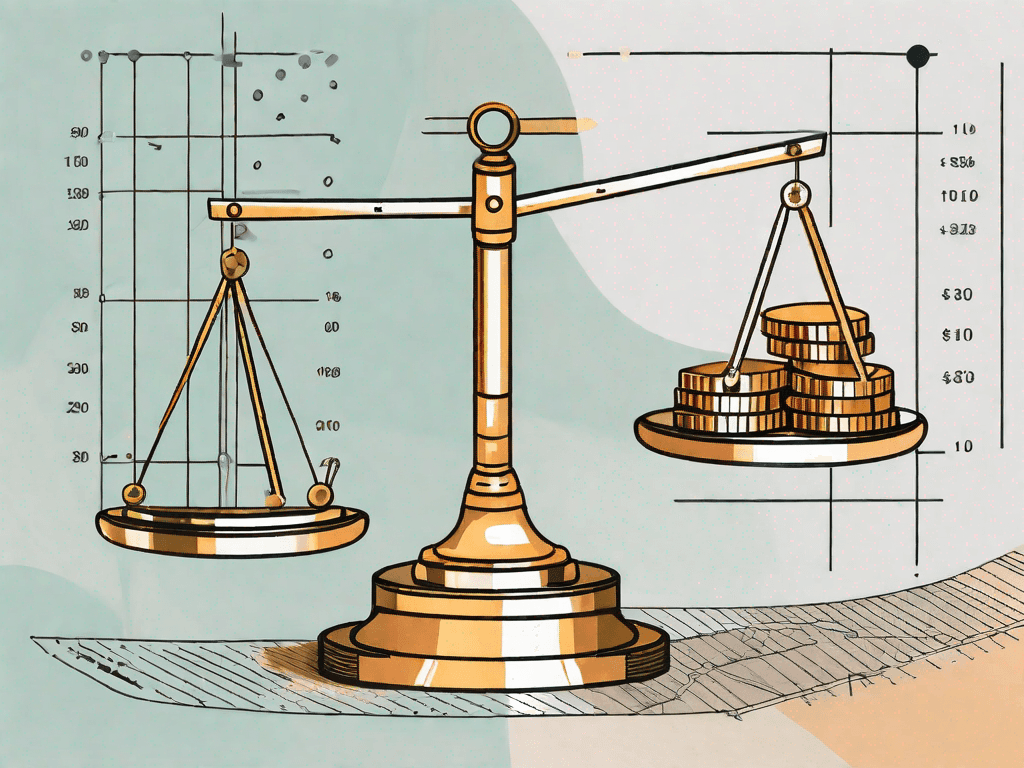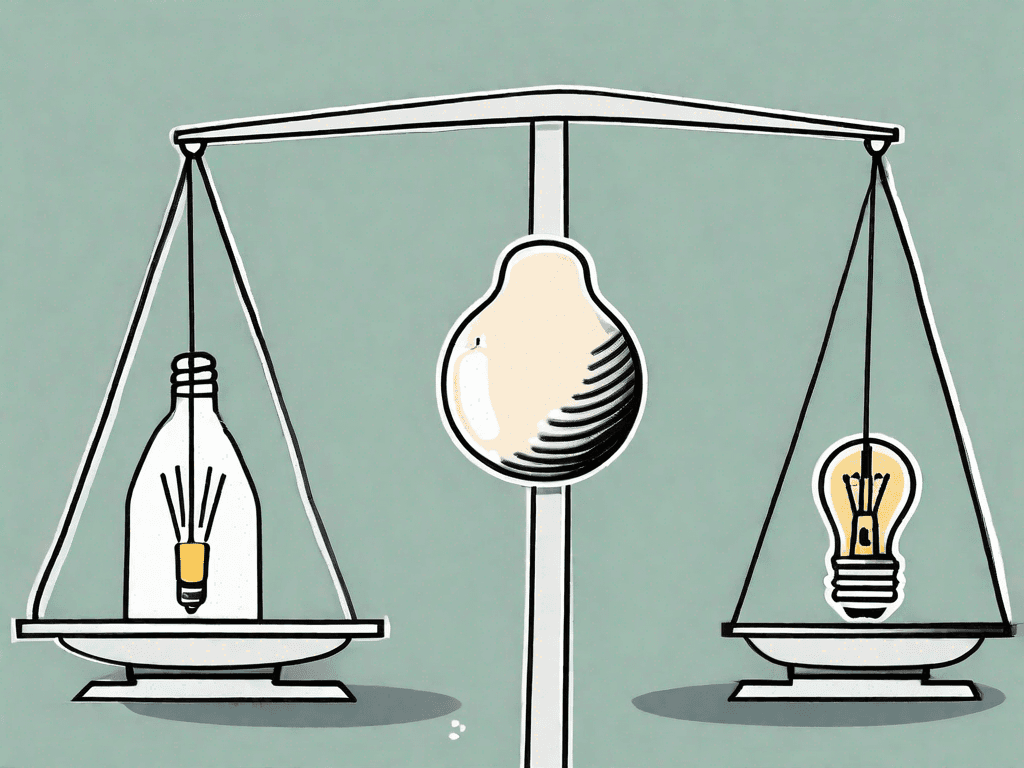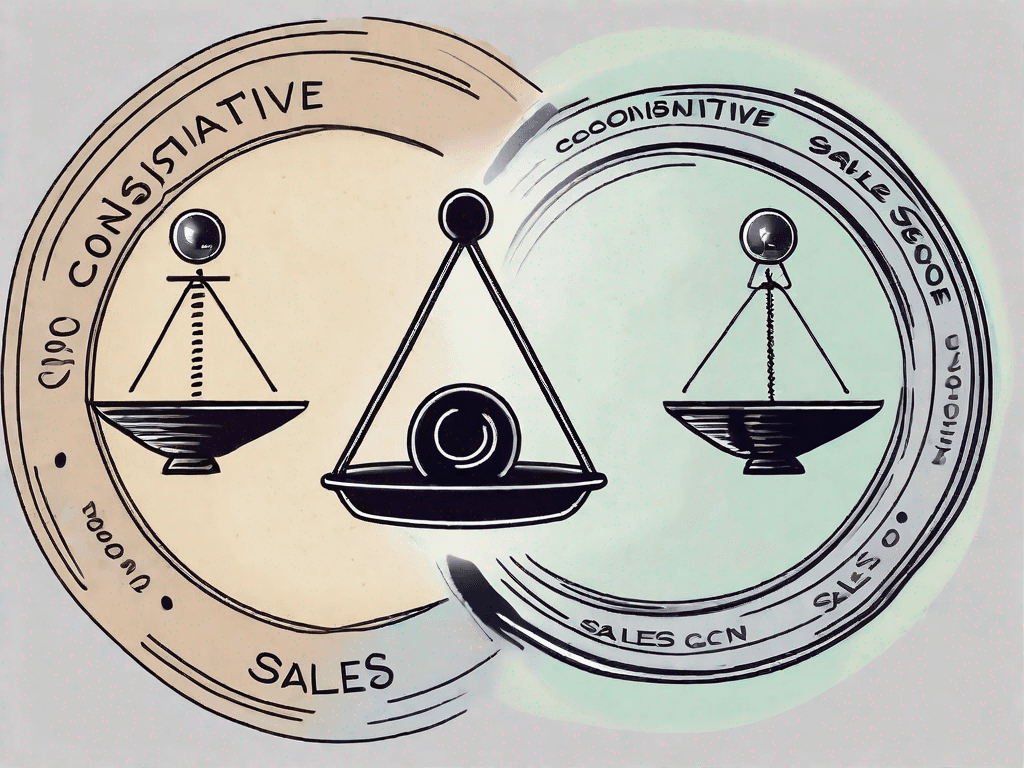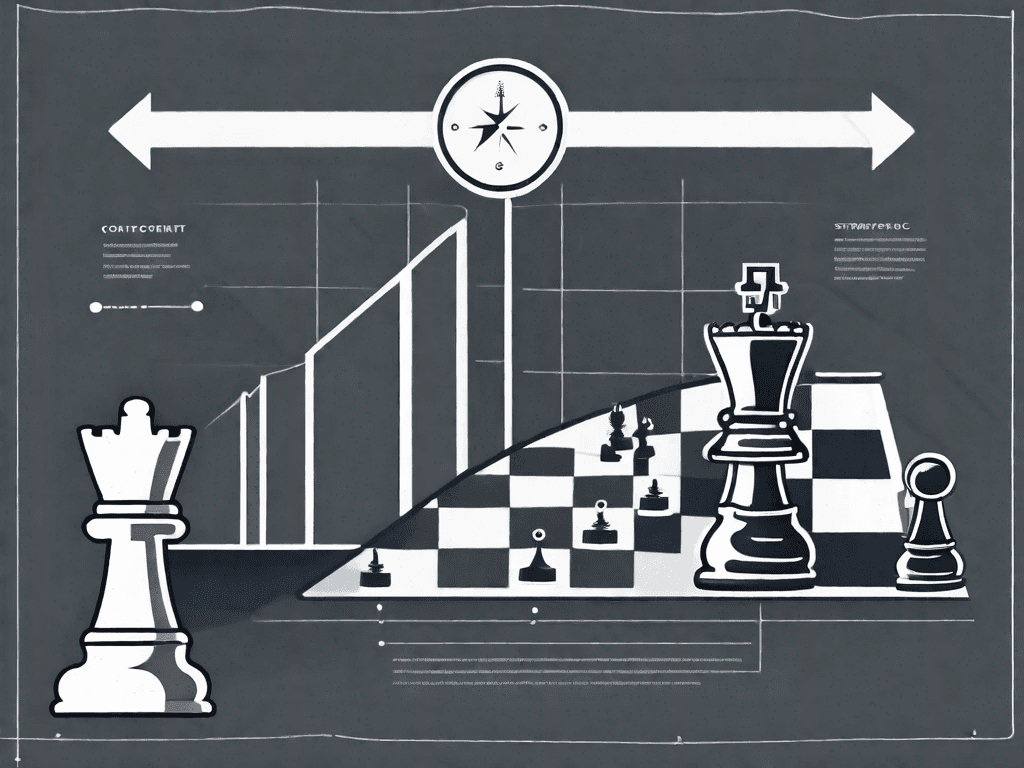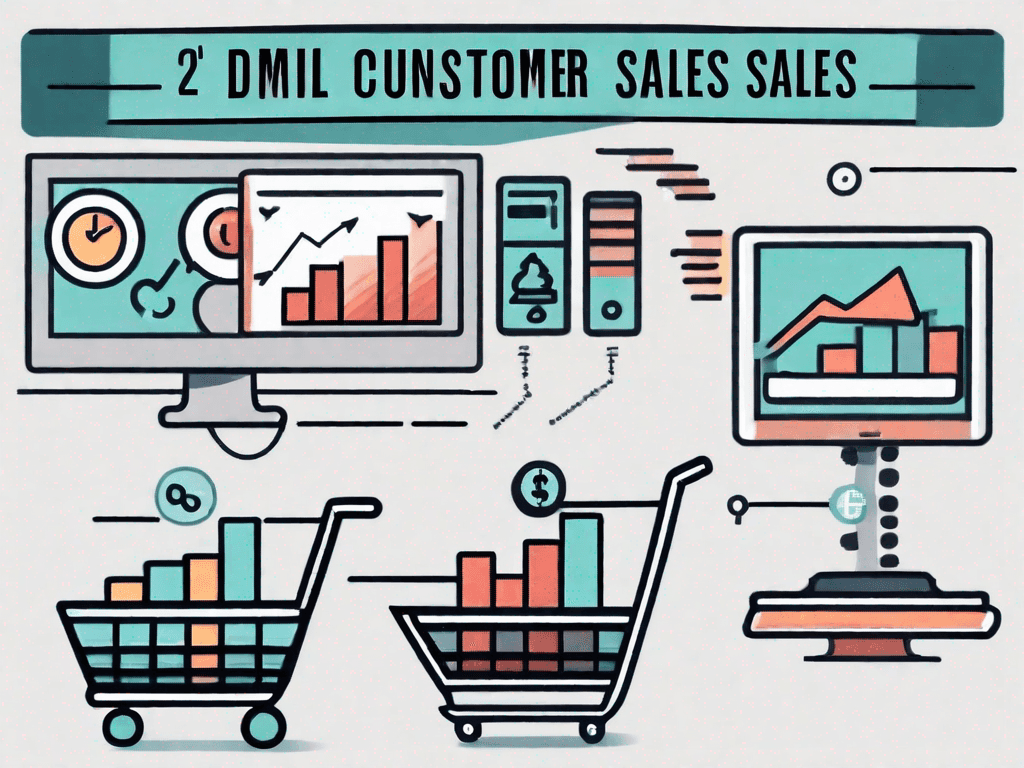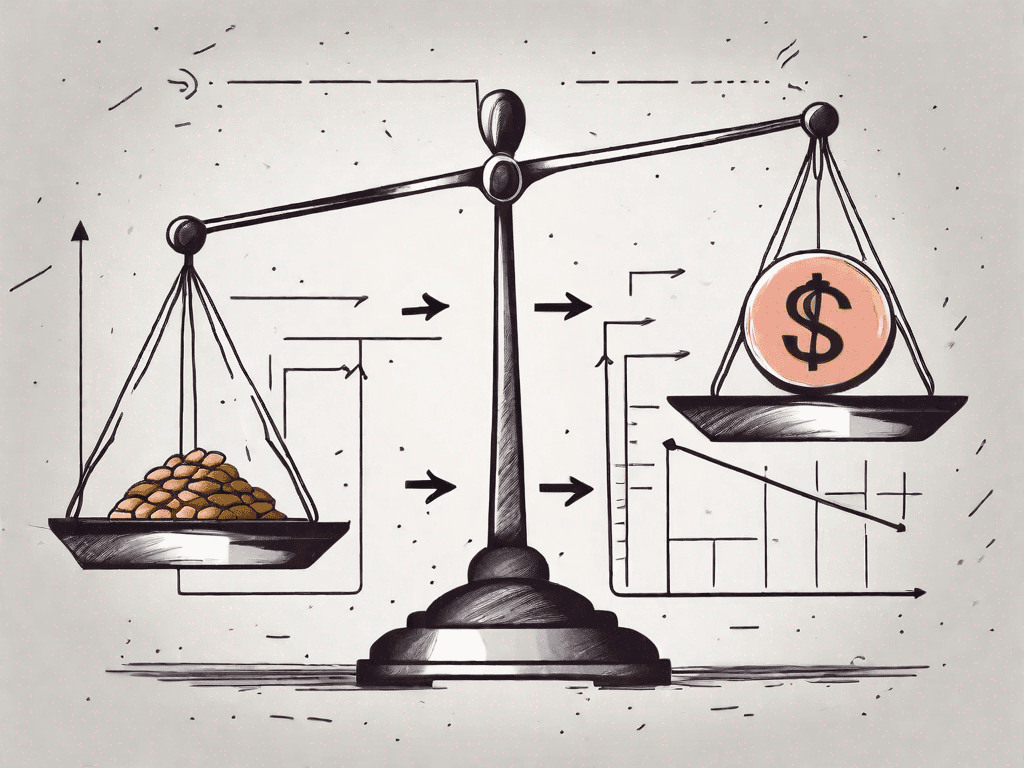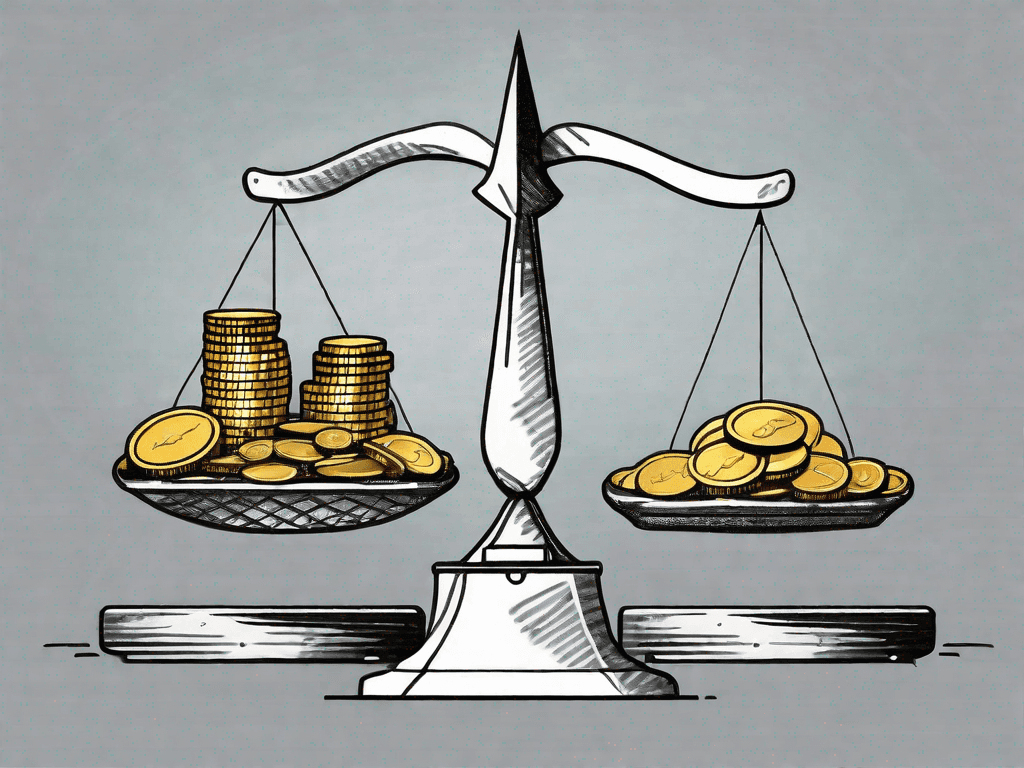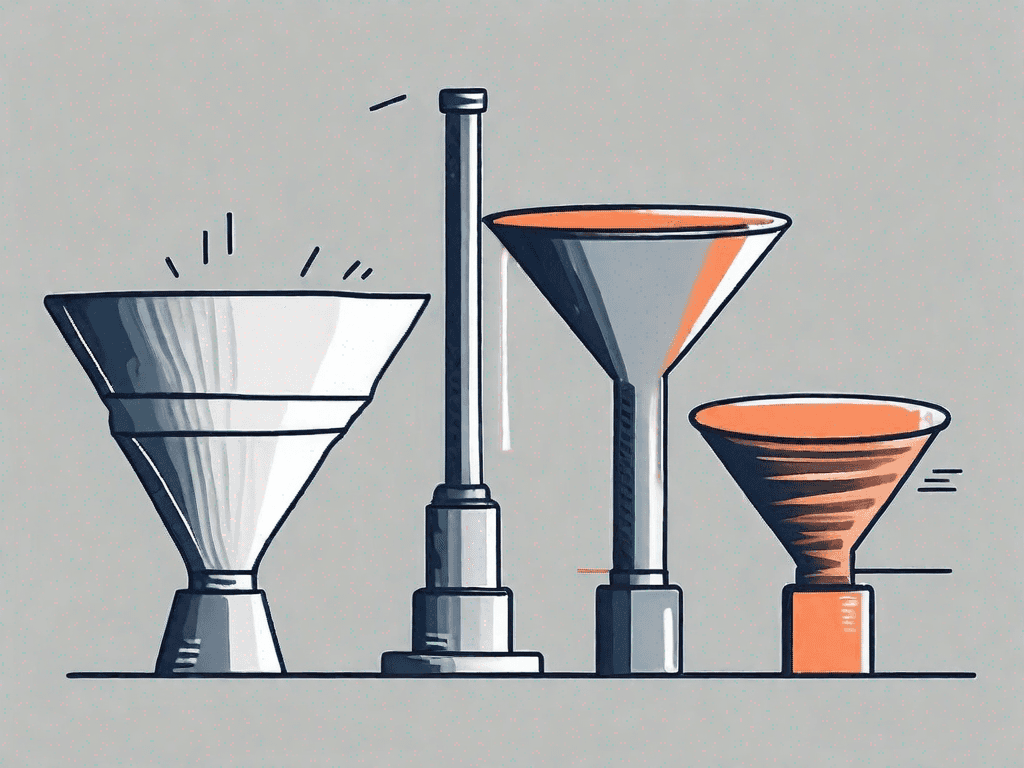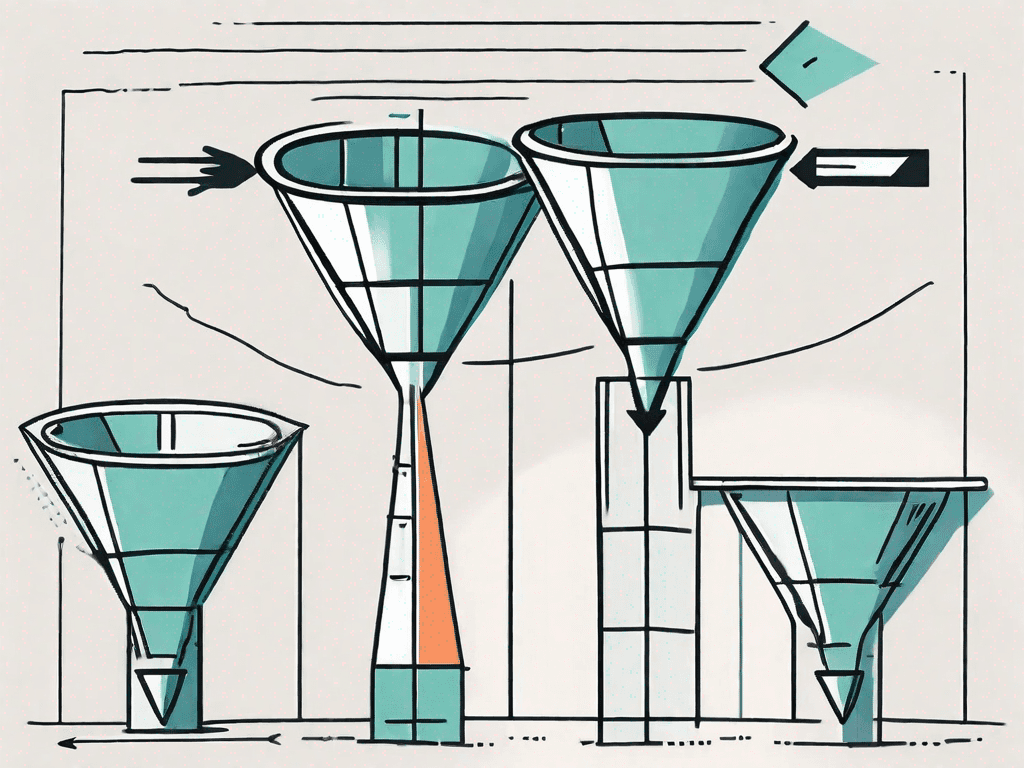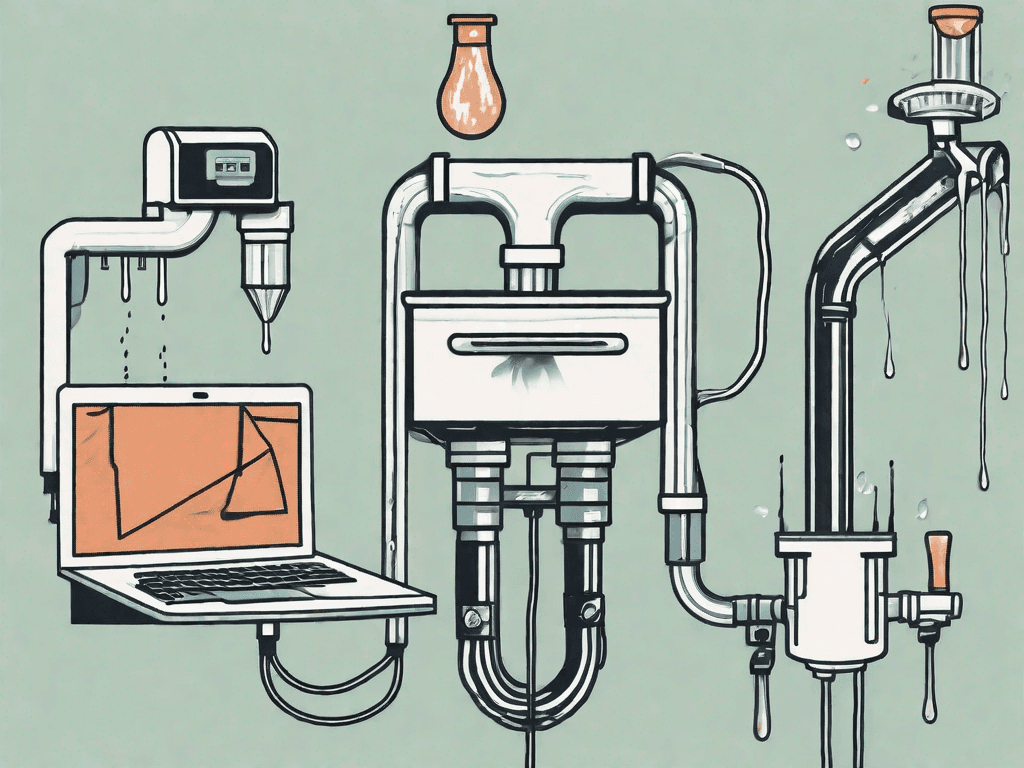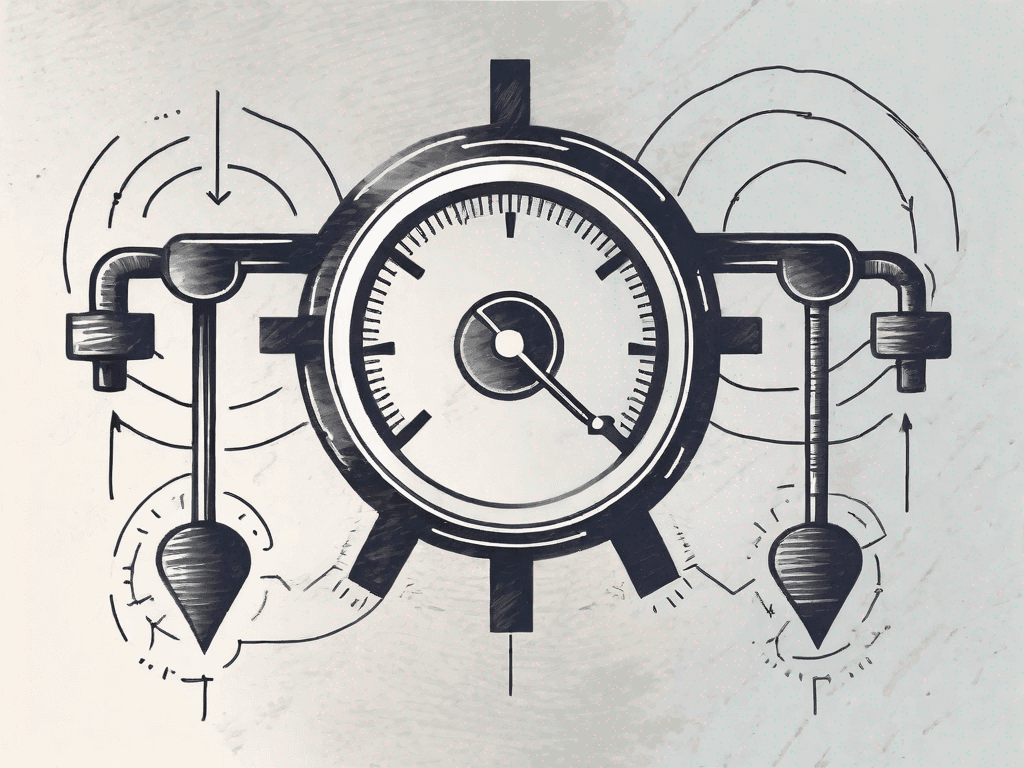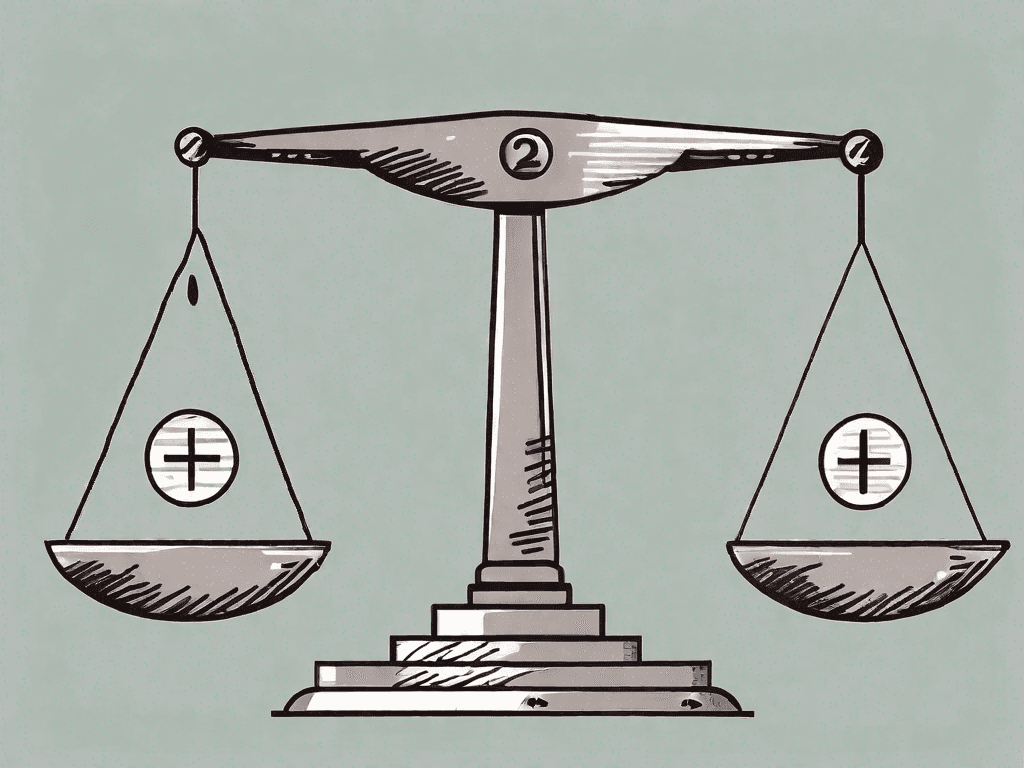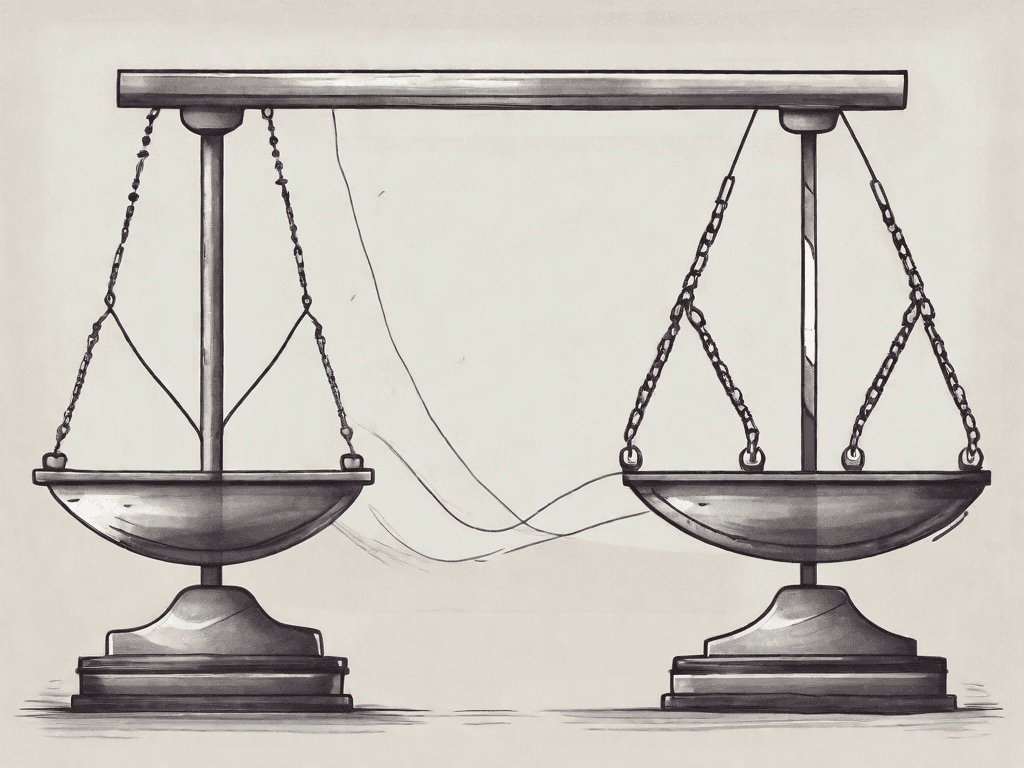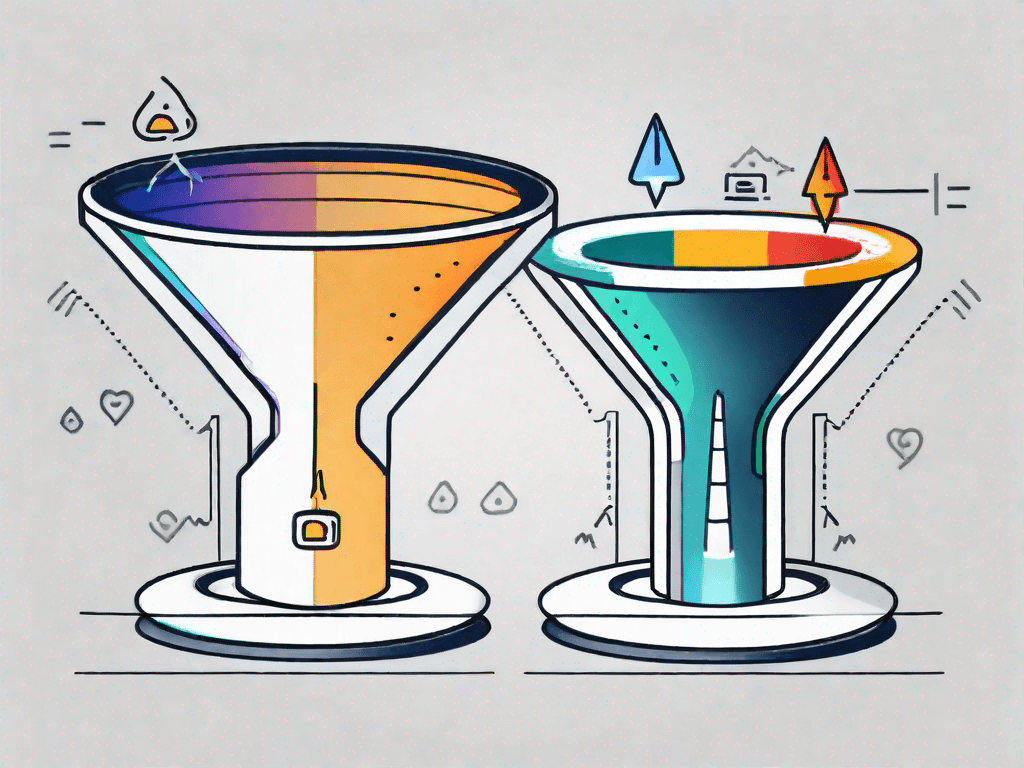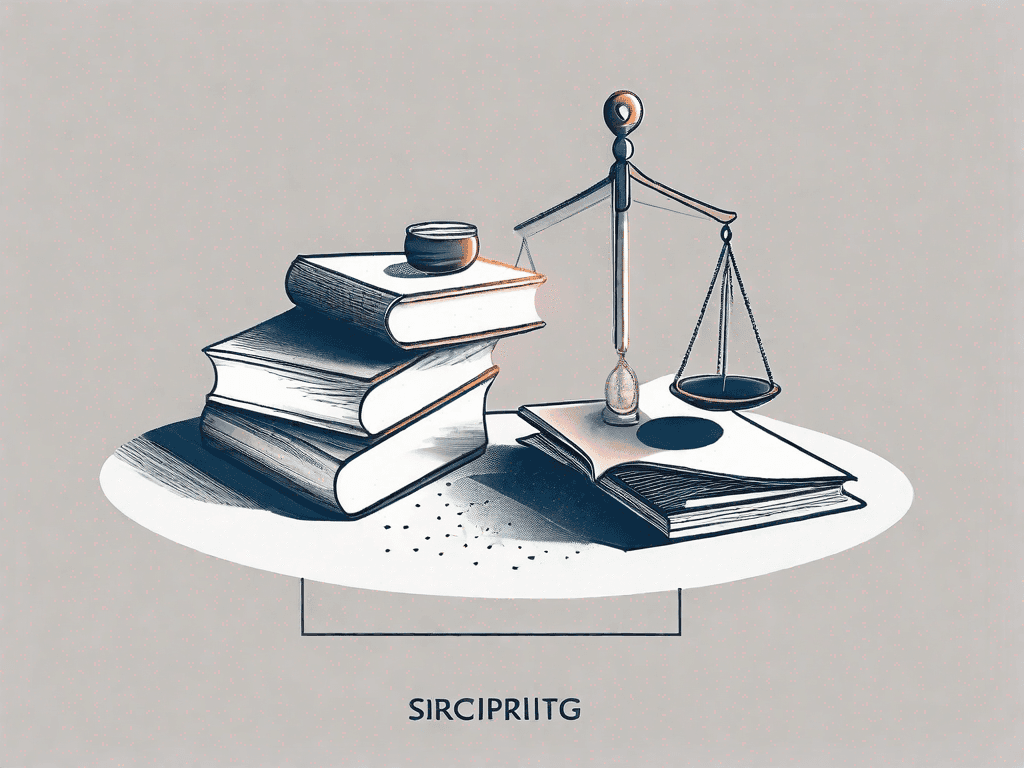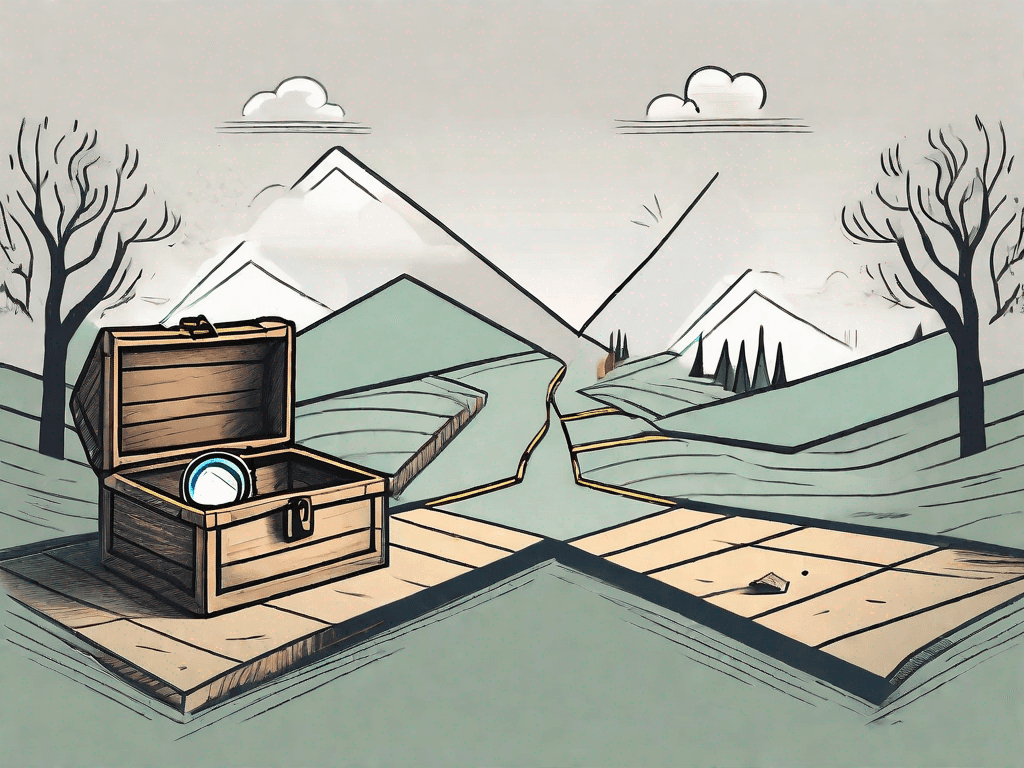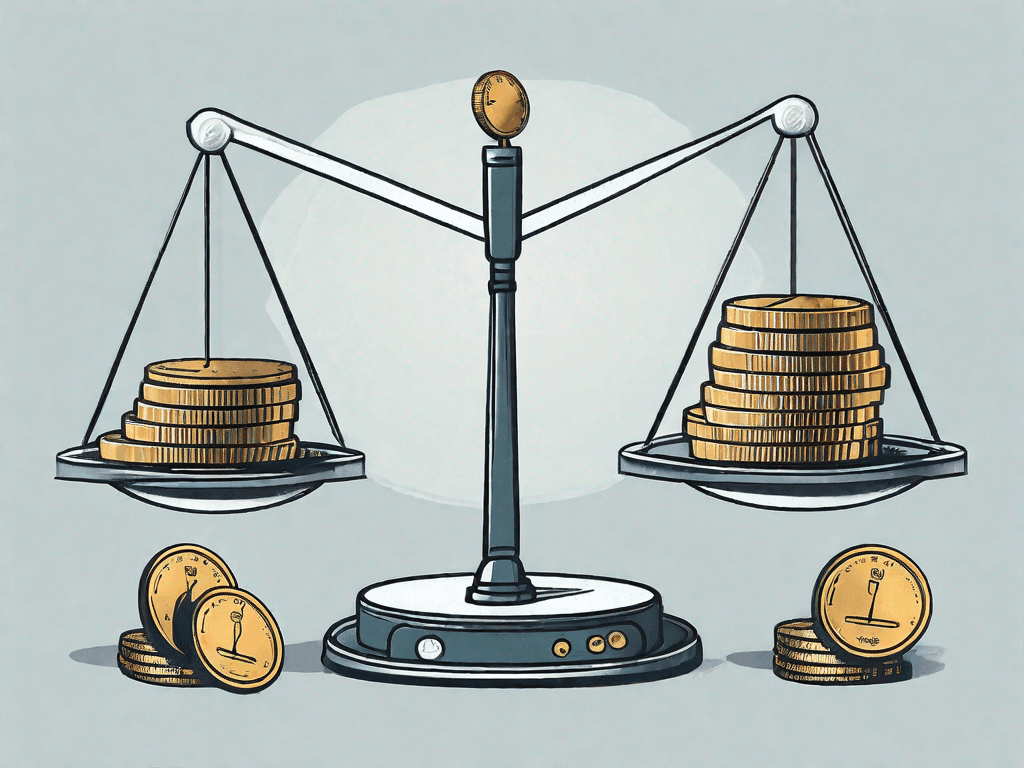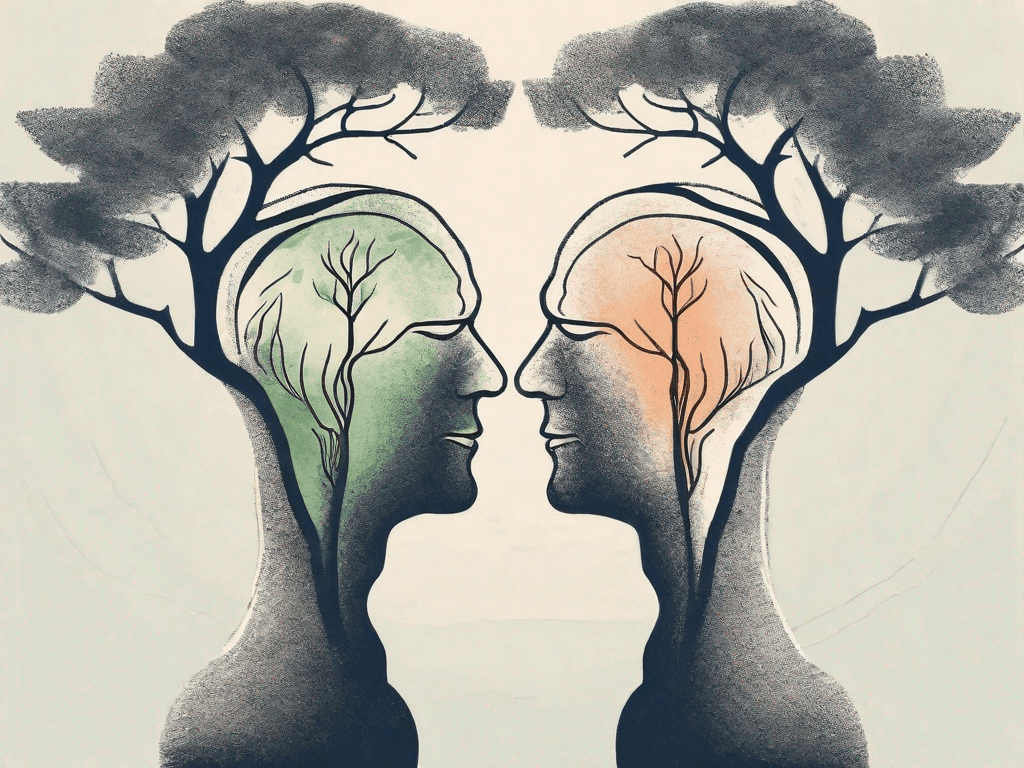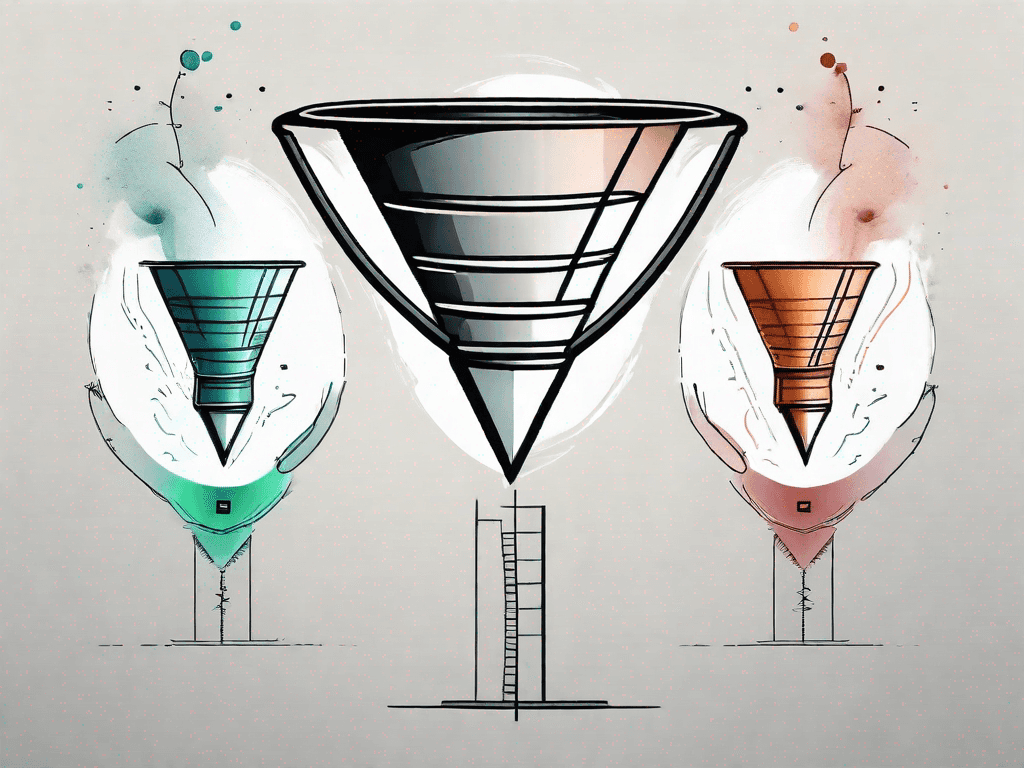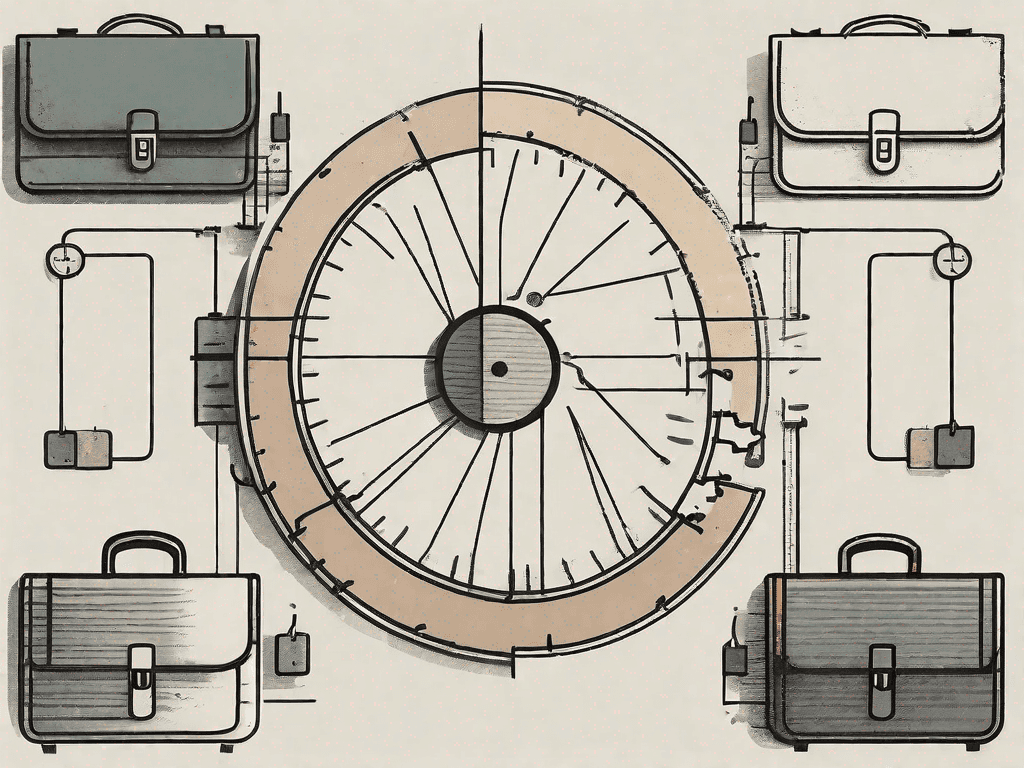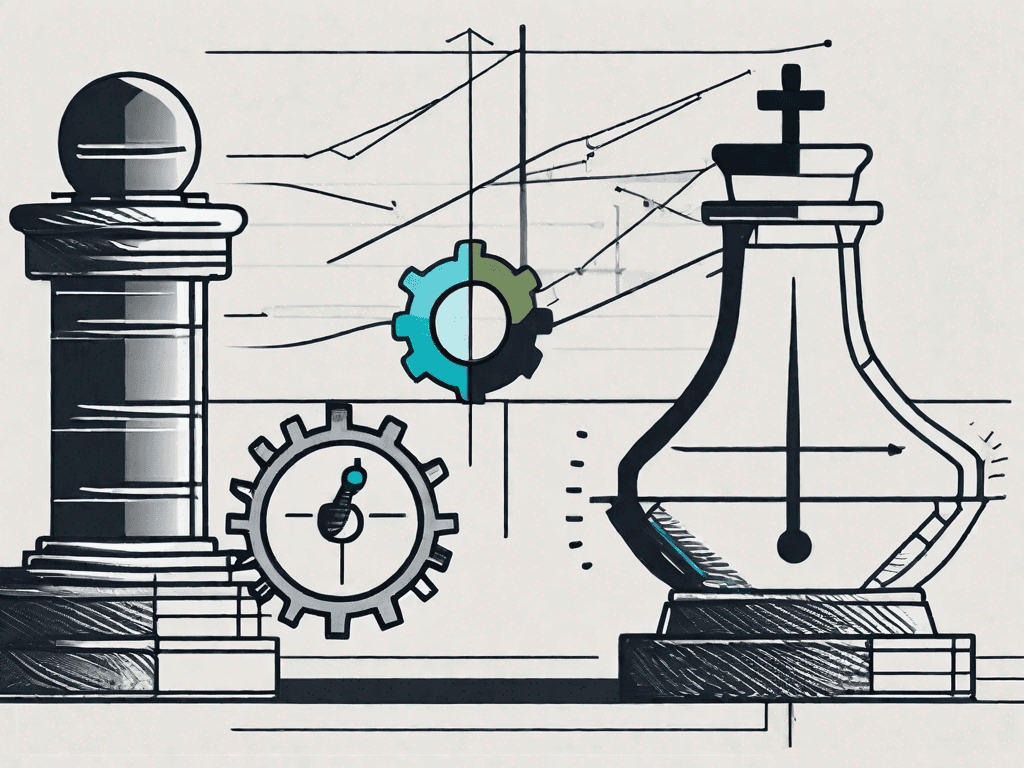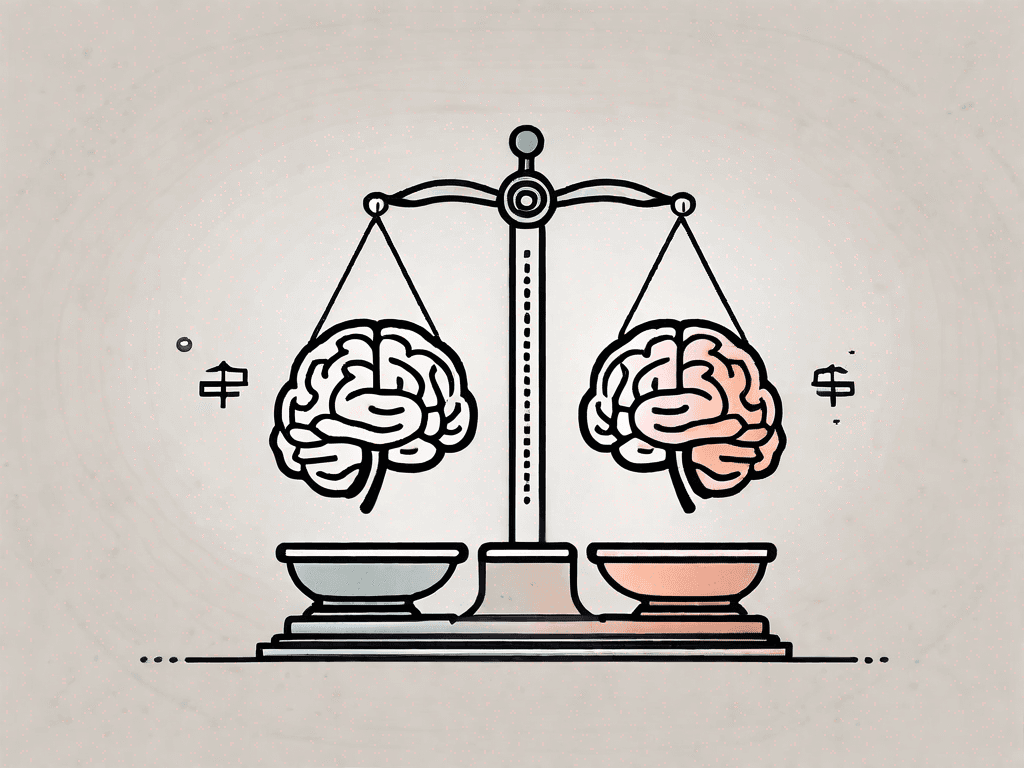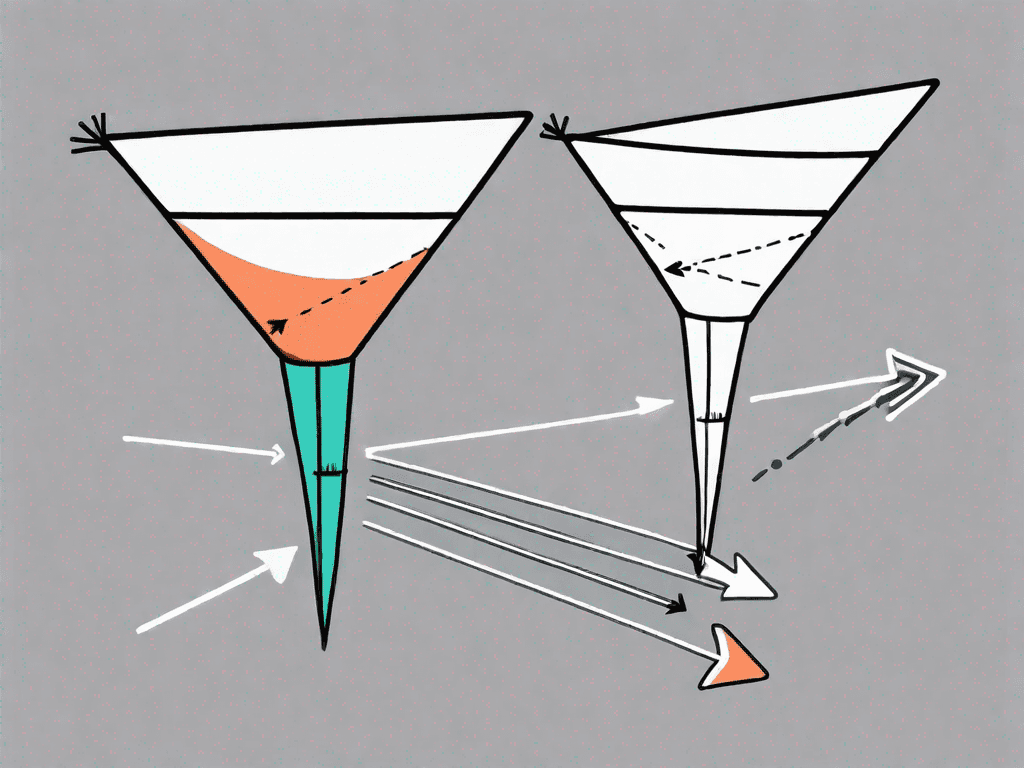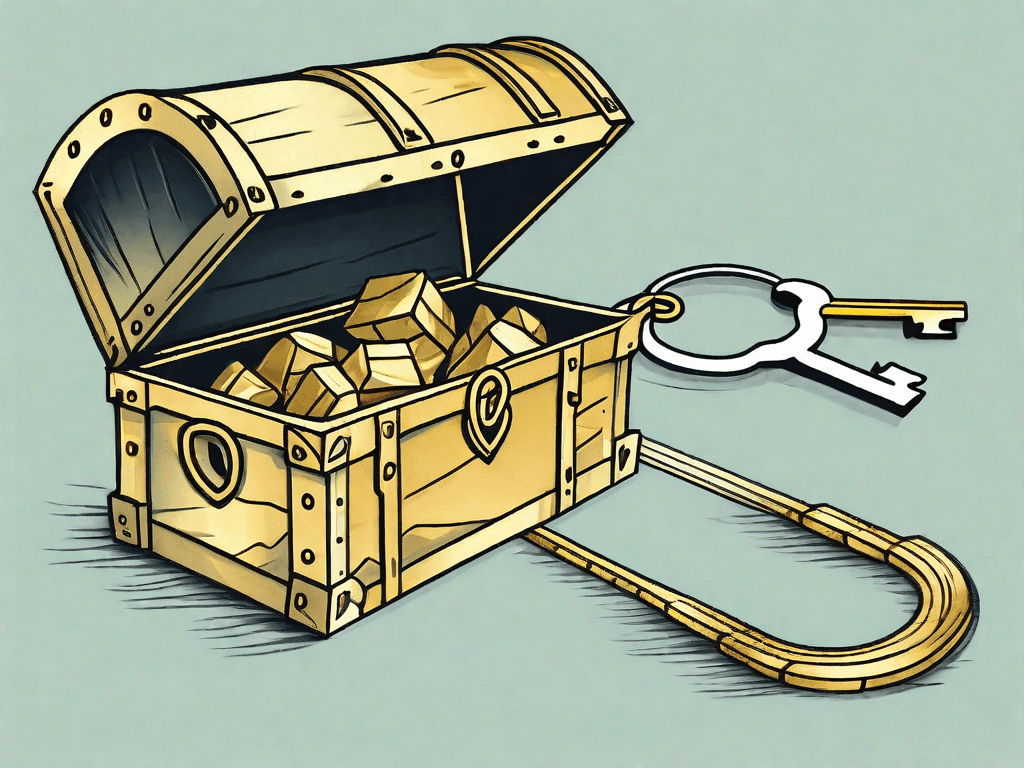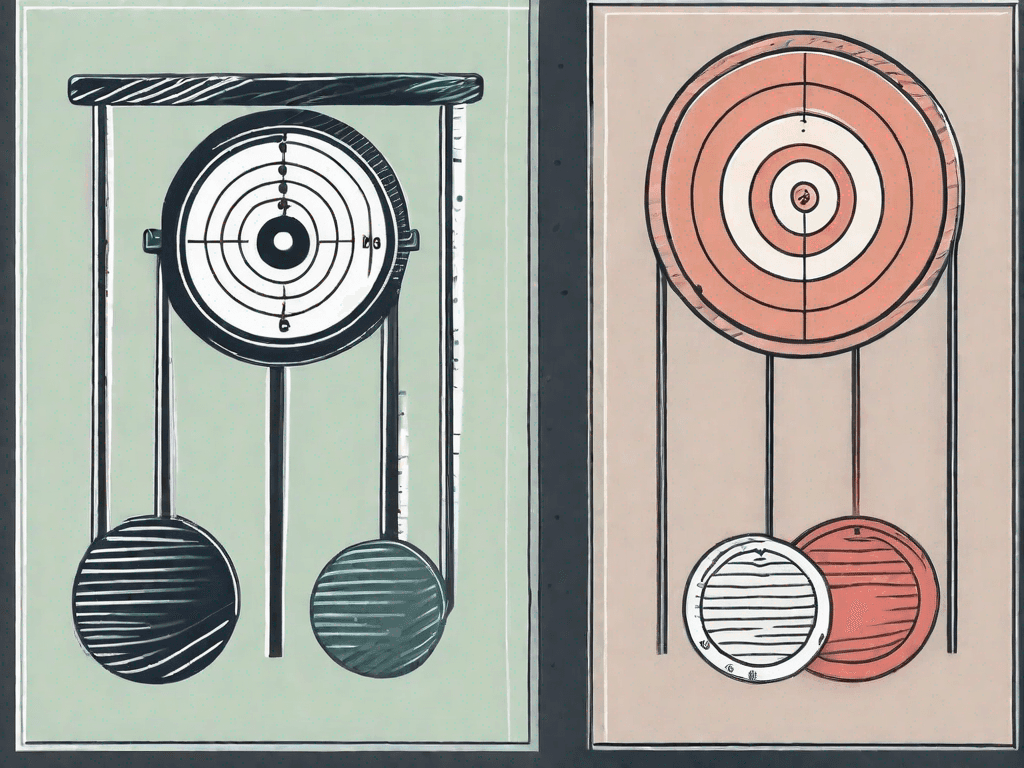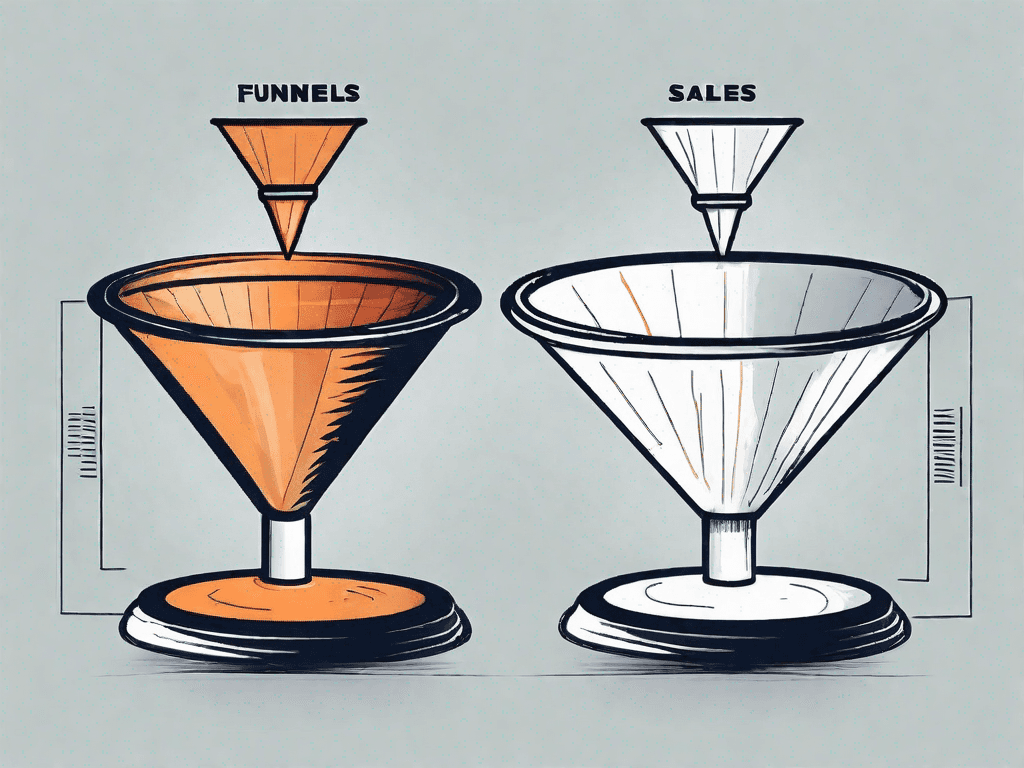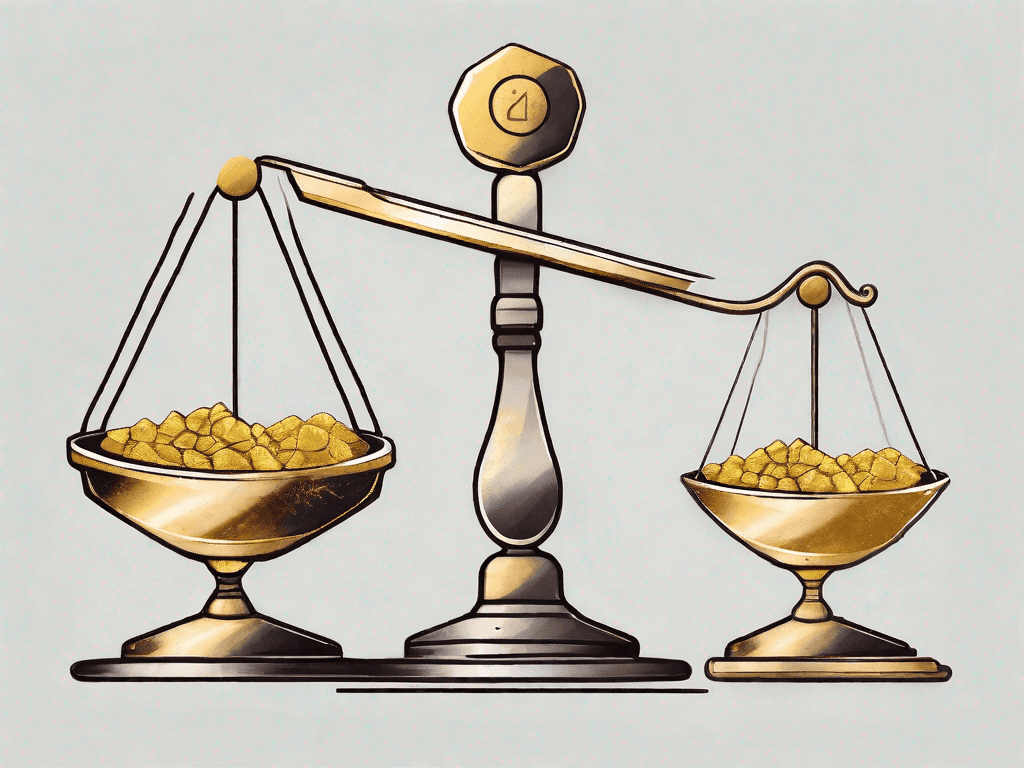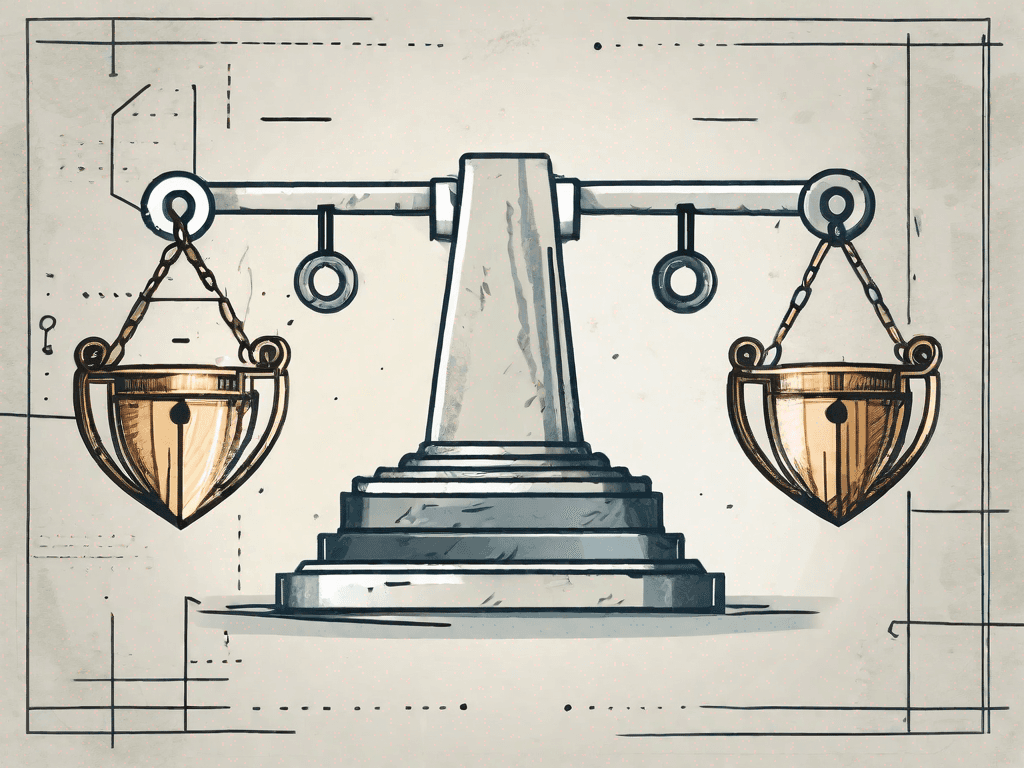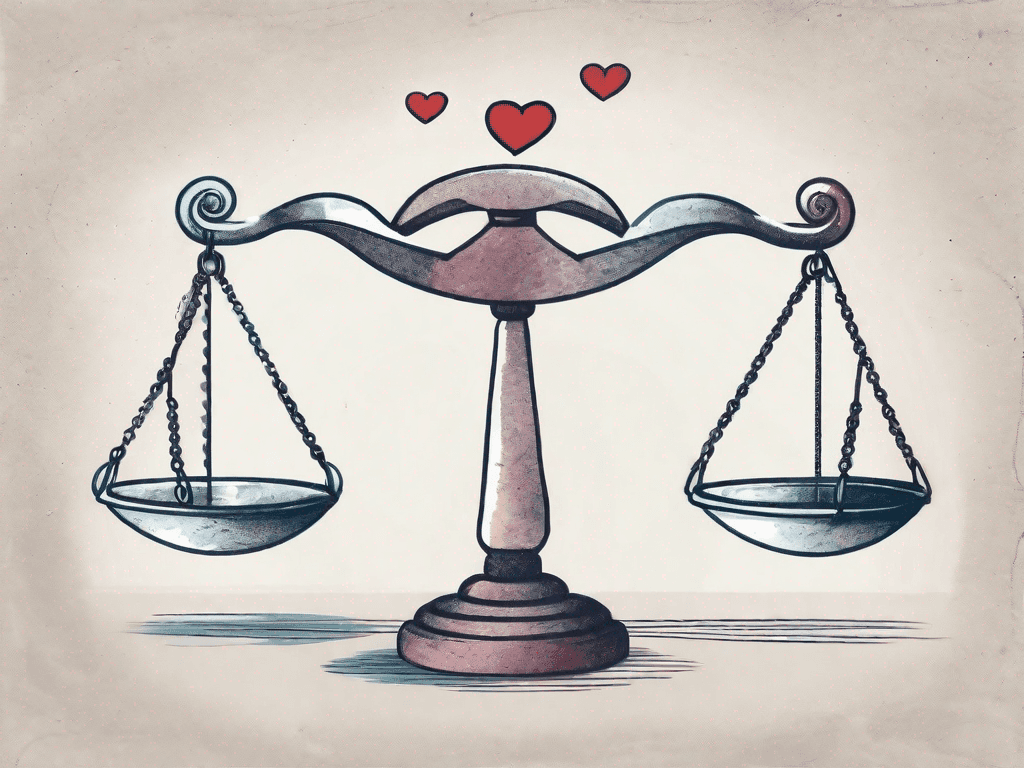
Business Development Representative vs Outbound Sales Representative: What's the Difference?
In the world of sales and business development, job titles can sometimes be confusing. Two commonly used titles that often cause confusion are Business Development Representative (BDR) and Outbound Sales Representative (OSR). While both roles involve generating revenue for a company, there are key differences between them. In this article, we will define each role, explore the differences between them, and provide examples in various business contexts to help clarify their distinctions
Defining Business Development Representative and Outbound Sales Representative
1.1 - What is a Business Development Representative?
A Business Development Representative (BDR) is a sales professional who focuses on creating and nurturing relationships with potential clients or business partners. Their primary goal is to identify and qualify leads, initiating the sales process and passing qualified prospects on to the sales team. BDRs typically work closely with marketing teams to develop targeted strategies and campaigns to generate leads and drive business growth.
BDRs rely on research, networking, and cold outreach to connect with potential customers. They are adept at identifying business opportunities, building rapport, and understanding the needs and pain points of their prospects.
When it comes to building relationships, BDRs go the extra mile. They invest time in understanding the industry and market trends, ensuring they have a comprehensive knowledge of their target audience. This allows them to tailor their approach and messaging to resonate with potential clients on a deeper level.
Furthermore, BDRs are skilled at leveraging various communication channels to engage with prospects. They utilize phone calls, emails, social media platforms, and even in-person meetings to establish meaningful connections. By employing a multi-channel approach, BDRs increase their chances of reaching potential clients and building a strong pipeline of qualified leads.
1.2 - What is an Outbound Sales Representative?
An Outbound Sales Representative (OSR) is focused on closing deals and driving revenue through outbound sales efforts. Unlike BDRs, OSRs usually do not have a lead generation role. They leverage leads that have already been generated by the marketing or business development teams and proactively reach out to potential customers to initiate the sales process.
OSRs excel at conducting product demos, delivering compelling sales pitches, and overcoming objections to secure deals. They have a deep understanding of the product or service they are selling and are skilled at positioning it to meet the specific needs of their prospects.
When it comes to closing deals, OSRs employ a strategic and persuasive approach. They carefully analyze the needs and pain points of their prospects, tailoring their sales pitch to highlight how their product or service can address these challenges effectively. OSRs are skilled at showcasing the unique value proposition of their offerings, demonstrating how they can provide a competitive advantage to potential customers.
In addition to their sales skills, OSRs also possess excellent communication and negotiation abilities. They are adept at handling objections and concerns raised by prospects, addressing them with confidence and providing the necessary information to alleviate any doubts. By building trust and rapport with potential clients, OSRs increase the likelihood of securing successful sales.
Furthermore, OSRs continuously stay updated on industry trends and market dynamics. This allows them to position their product or service as a solution that aligns with the evolving needs of their target audience. By staying ahead of the curve, OSRs can adapt their sales strategies and messaging to remain competitive in the market.
What's the difference between a Business Development Representative and an Outbound Sales Representative?
While BDRs and OSRs both contribute to a company's revenue generation efforts, their roles and responsibilities differ in significant ways.
BDRs are focused on lead generation, relationship building, and qualifying prospects for the sales team. They often spend a significant amount of time researching, identifying, and reaching out to potential clients. BDRs do not handle the final stages of the sales process, such as negotiating contracts or closing deals.
Let's dive deeper into the role of a Business Development Representative (BDR). BDRs are the front line of a company's sales efforts. They are responsible for identifying and creating new business opportunities. This involves conducting market research to identify potential customers, reaching out to them through various channels, and nurturing relationships to qualify leads. BDRs play a crucial role in building a pipeline of potential customers for the sales team to close deals with. They are skilled at identifying prospects' pain points and effectively communicating how their company's products or services can address those needs.
On the other hand, OSRs primarily handle the closing phase of the sales process. They rely on their sales skills, product knowledge, and persuasive abilities to close deals and meet sales targets. Unlike BDRs, OSRs do not typically engage in extensive lead generation activities but instead directly engage with prospects who have already expressed interest in the product or service.
Let's explore the role of an Outbound Sales Representative (OSR) in more detail. OSRs are responsible for actively reaching out to potential customers who have shown some level of interest in the company's offerings. They leverage various outbound sales techniques such as cold calling, email campaigns, and social media outreach to engage with prospects and convert them into customers. OSRs are skilled at building rapport, overcoming objections, and persuading prospects to make a purchase. They are also responsible for negotiating contracts, closing deals, and ensuring customer satisfaction.
Additionally, BDRs and OSRs often require different skill sets and personality traits. BDRs need to be proactive, excellent communicators, and skilled relationship builders. They also require strong research and analytical abilities. In contrast, OSRs need to be persuasive, assertive, and skilled at negotiation. They must have in-depth product knowledge and be able to tailor their sales pitch to meet the specific needs of each prospect.
In summary, while both BDRs and OSRs contribute to a company's revenue generation efforts, their roles and responsibilities differ significantly. BDRs focus on lead generation and relationship building, while OSRs handle the closing phase of the sales process. Each role requires a unique set of skills and personality traits to be successful in driving sales and achieving business objectives.
Examples of the Difference between a Business Development Representative and an Outbound Sales Representative
2.1 - Example in a Startup Context
In a startup context, a BDR might focus on researching and identifying potential investors or strategic partners who can help fuel the company's growth. They would then connect with these individuals, nurturing relationships and exploring potential collaboration opportunities. Conversely, an OSR in a startup might focus on converting inbound leads generated from marketing efforts, conducting product demos and negotiations to secure new customers and drive revenue.
2.2 - Example in a Consulting Context
Consider a consulting firm that provides specialized services to clients. A BDR in this context might focus on building relationships with key decision-makers in target companies, educating them about the firm's expertise and solutions, and qualifying potential leads. On the other hand, an OSR in the same consulting firm would take over the sales process once a lead has been qualified, presenting proposals, negotiating contracts, and ensuring successful project closures.
2.3 - Example in a Digital Marketing Agency Context
In a digital marketing agency context, a BDR might be responsible for identifying and reaching out to potential clients who are looking to improve their online presence or increase their digital marketing efforts. They would engage in consultative discussions, identifying client pain points and proposing tailored solutions. An OSR in the same agency would handle the closing process, discussing pricing, scope of services, and contractual agreements with qualified leads.
2.4 - Example with Analogies
To further illustrate the difference between a BDR and an OSR, let's consider an analogy. Imagine a BDR as a scout who explores new territories, mapping out opportunities and establishing initial connections. In contrast, an OSR is like a skilled negotiator who comes in once the groundwork is laid, using their charisma and persuasive abilities to close deals and secure mutually beneficial agreements.
In conclusion, while Business Development Representatives and Outbound Sales Representatives both play vital roles in driving revenue for companies, their focuses and responsibilities differ significantly. BDRs are responsible for lead generation and relationship building, while OSRs focus on closing deals and meeting sales targets. By understanding the distinctions between these roles, businesses can optimize their revenue generation strategies and ensure success in their sales efforts.




